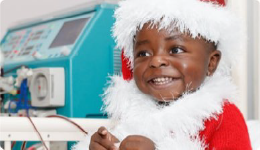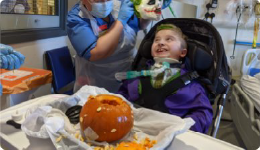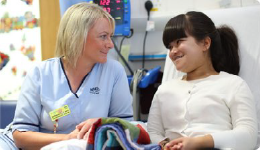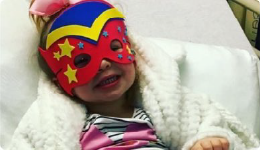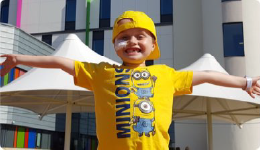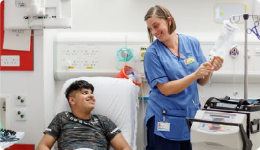We recognise the importance of high quality research to promote the best evidence based care for our babies. We work collaboratively with other neonatal units and the wider neonatal medicine community to provide evidence-based care for our babies.
Research and Quality Improvement in our Neonatal Unit (RAH)
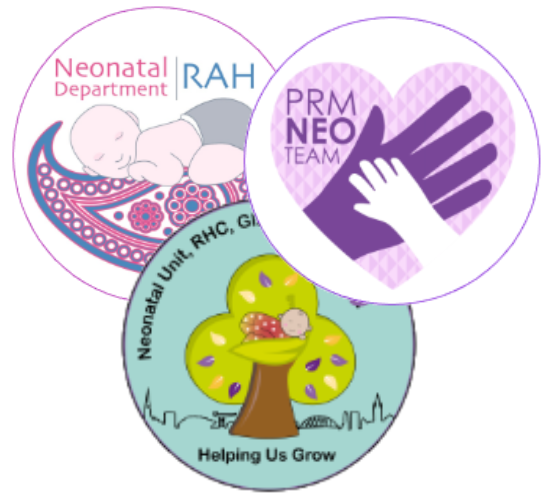

We are actively involved in Quality Improvement (QI) initiatives. This allows us to assess and improve the care we provide to our babies, striving for better care and promoting patient safety. Some of our QI work has won awards or received recognition by the various neonatal organisations.
We report our neonatal outcomes to theNational Neonatal Audit Programme, comparing our outcomes to other units with similar patient mix. We review this report regularly to address any areas where we could perform better.
We also work closely with the The Scottish Patient Safety Programme Perinatal Programme (SPSP Perinatal). This allows us to work in partnership with our colleagues in Maternity to optimise care and outcomes for pregnant women and their babies. Through MCQIC, we have various care bundles in the neonatal unit which are evidence based to encourage best practice.
Furthermore, in addition to these national projects, we run lots of local QI projects to continuously assess and improve the care we provide.
Current QI initiatives/projects
- INVENTS:Reducing unplanned extubation in ventilated babies
- Let it Flow:Helping mums to express breast milk early
- B434:Collaborative evidence based approach to managing babies born earlier than 34 weeks of pregnancy
- Perinatal wellbeing package:Collaborative evidence based approach to managing babies born earlier than 34 weeks of pregnancy
- The Warm Bundle:Helping keep babies warm and reduce neonatal unit admission
- BPD reduction package:Evidence based approach to management of early breathing issues in babies born earlier than 32 weeks of pregnancy
The National Neonatal Audit Programme (NNAP) helps neonatal units to improve the care they provide to babies who need specialist treatment. This includes infants who are born too early, with a low birth weight or who have medical conditions requiring specialist treatment. We use information about your baby’s care to help neonatal units in England, Wales, Scotland and the Isle of Man to improve the care and outcomes for other babies.




